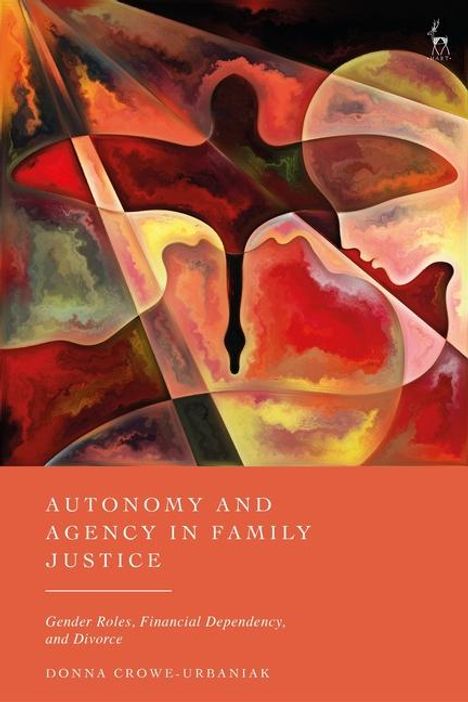Donna Crowe-Urbaniak: Autonomy and Agency in Family Justice, Gebunden
Autonomy and Agency in Family Justice
- Gender Roles, Financial Dependency, and Divorce
Lassen Sie sich über unseren eCourier benachrichtigen, sobald das Produkt bestellt werden kann.
- Verlag:
- Bloomsbury Academic, 12/2026
- Einband:
- Gebunden
- Sprache:
- Englisch
- ISBN-13:
- 9781509978625
- Umfang:
- 240 Seiten
- Gewicht:
- 454 g
- Maße:
- 234 x 156 mm
- Stärke:
- 25 mm
- Erscheinungstermin:
- 10.12.2026
- Hinweis
-
Achtung: Artikel ist nicht in deutscher Sprache!
Ähnliche Artikel
Klappentext
This book investigates the privately negotiated financial arrangements made by divorcing couples where no legal advice or financial orders were sought .
It calls for a re-evaluation of the assumptions of autonomy and agency held by policy makers and adds to the debates around the role and purpose of family law in England and Wales.
Drawing on interviews with divorced military wives, the book provides a case study of the operation of current family law principles and values in a context where highly gendered familial roles are a key feature. It provides fresh insight into the challenges presented by neoliberal understandings of autonomy and agency, which presume that individuals have freely chosen to organise their lives in a way that creates dependency and financial precarity. It adopts a socio-legal framework to examine how the interpersonal dynamics established during marriage influence financial decision-making.
The book argues that there are important lessons to be learned from military wives, shedding light on the highly gendered patterns of behaviour within military families which are replicated in the wider population. It advocates the importance of recognising the many factors that limit autonomy and agency during marriage and that are not mitigated against in the family justice system, which instead permits - and encourages - unfair and unequal financial arrangements to be made.
This book is essential reading for lawyers, students of family law, and policy makers.




